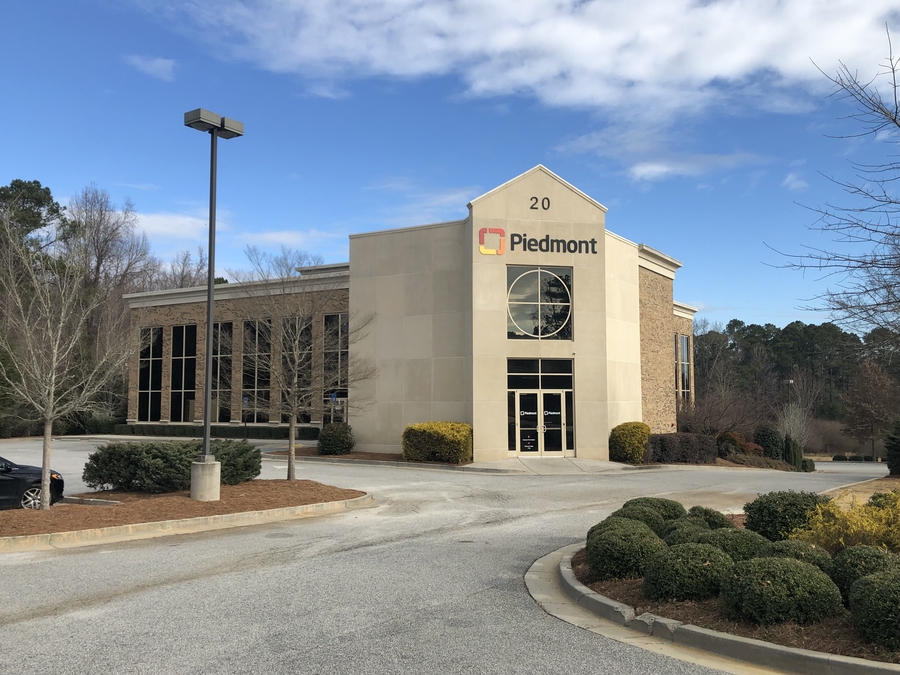Many people are surprised by how the real estate sector in many countries remains relatively strong despite business shutdowns and related turmoil caused by the ongoing global COVID-19 pandemic.
SAN FRANCISCO, CA, December 12, 2020 /Neptune100/ — Indeed, the U.S. housing market has been on a tear during this year of the pandemic, with housing prices up more than 12 percent as of the end of the third quarter. Portugal’s housing market, which has been surging since 2014, experienced a bit of a slowdown this year, but housing prices were still up more than 8 percent (two percent lower than 2019’s growth) as of the end of the third quarter. Brazil has managed to maintain a hold on its fragile housing market recovery that followed the 2012–2016 market plunge. As of the end of the third quarter, Brazil’s FIPEZAP house price index registered its 19th consecutive month of year-over-year growth and a 12-month increase of 1.45% (though a 0.97% decline when adjusted for inflation).
The real estate market’s relative health has certainly been a boon for Qriar Engenharia and QriarCity, as we experienced the largest cash generation in our 10-year history. Thus far we’ve enjoyed record net sales and the highest net revenues of any year, which has led to a significant increase in net income compared to previous years. We consolidated operations in both Brazil and Portugal this year and have identified future real estate projects for development. Although it’s certainly hard to claim on the whole that 2020 has been a good year, from a business perspective it has been fantastic for both companies.
While historically low interest rates are definitely giving the sector a boost, other factors are at work, too. This includes inherent factors, such as housing demand that exceeds supply, but also extraneous factors, like how the pandemic has significantly enhanced the role that homes play in everday quality of life. This all fits in with Qriar Engenharia’s and QriarCity’s long-term strategy to develop properties in regions with low inventories and to build projects that meet the highest engineering, finishing, and energy efficiency standards in order to provide residents with optimal living accommodations. In fact, we believe this detailed attention to high quality is one reason we have been able to sell our real estate projects with such ease.
In Brazil, specifically, a greater demand for quality residential properties has been noticeable during the pandemic. Even in the face of a high unemployment rate and relative scarcity of accessible credit, families consider home ownership to be a high priority. I believe that with the pandemic forcing people to stay home more, the desire for home ownership has become even more ingrained in people, as has the desire for the highest quality home environment possible.
Consider also that after plunging in 2012, housing prices have effectively been stagnant since starting what has been an exceptionally modest recovery in 2016. Even before the pandemic more and more families were starting to think that the timing was right to make a good deal in residential real estate. Despite the pandemic I don’t believe that this feeling has waned, but that now people are tending to place far more emphasis on investing in real estate for its quality of life component rather than its potential for financial gain.
In Portugal, where we only had one property under development upon the onset of the pandemic, we were surprised by how the demand for particular high quality properties and projects remained exceptionally high. Given the economic uncertainties during the early days of the pandemic, we decided to sell the entire project to an investor before the building was ready as a means of mitigating potential risk. In hindsight we would have earned more from the project had we waited, but such risk management tactics need to be taken during such uncertain times.
Going forward, we are focused on the resumption of project launches in both Brazil and Portugal, and are initiating a new project in the U.S., all of which has us feeling very positive about the outlook for 2021. On a broader scale consideration of the real estate market, I think it’s too early to say what’s going to happen. I will personally bet that there will be a growing demand for quality residential properties. I’ve been noticing a trend that indicates that those families who already own their first property want to upgrade to a higher quality property. We’ve been in this business for 10 years now and have noticed a distinct shortage of high quality buildings. This shortage means that quality projects are quickly scooped up by the market.
Based on that, our two development companies believe they can increase its operating range by simply continuing to maintain our focus on constructing projects with the highest quality standards. In fact, given our high quality of construction and focus on geographically desirable project locations, we believe Qriar Engenharia and QriarCity will remain successful even in the face of any broader real estate market downturns.
With the surprising resilience of the real estate market in the face of the global pandemic some people are starting to get concerned that a downturn is inevitable. I tend to disagree. In Brazil, housing prices are still significantly lagging from a historical perspective. Meanwhile, demand continues to grow, especially in housing projects that offer top level finishes, energy efficiency, and other sustainability features. I personally believe that Brazil could see a new cycle of price increases over the next three to four years, with potential returns of up to 50 percent for buyers and investors. Given the current interest rate, those are astronomical gains.
In the face of a potential sector downturn, Brazil’s residential real estate market is buoyed in part by government initiatives. In particular, the country’s Minha Casa Minha Vida (My House, My Life) program, which subsidizes mortgage loans for middle and lower income homebuyers. Initiated in 2009, the program is believed to have aided in the construction of 2.4 million housing units by 2014, before the program lost public funding and was temporarily suspended. The program was revitalized in 2017 with new rules designed to increase the number of beneficiaries and further stimulate residential construction.
Interestingly, Qriar Engenharia got its start under the Minha Casa Minha Vida program by building two high quality apartment buildings — Residencial Ilha Azul and Bimini — for middle and lower class program beneficiaries. While many construction companies were building program projects with low quality and/or low cost materials, QriarCity launched with a vision of delivering the highest quality housing possible despite possible impacts on company profit. Its apartment buildings were designed under sustainability principles and provided residents with quality finishes, energy efficiency, and adaptations to make all spaces available for anyone with disabilities.
Portugal’s real estate market has been one of the world’s most heated for the past few years. Whether due to the climate, quality of lifestyle, low cost of living, or all three, it has become a go-to destination for vacationers, live-abroads, second-homers, and real estate investors. I don’t see that trend ending anytime soon and believe its residential real estate market will remain healthy in the years to come.
The U.S. real estate proved far more resilient than anyone imagined at the onset of the pandemic and appears to be closing the year on a high note with significant housing demand and sales. Going into 2021, record low mortgage rates should continue to spur this demand. I believe demand is also growing due to the pandemic’s massive shift of people who now work from home.
Even as the pandemic wanes, the work-from-home paradigm is likely to remain in place to some degree. With the home becoming more central to people’s everyday lives than before, its intrinsic value should rise. There may be something of a wintertime slump in the sector that causes a retraction, but I would imagine that this would be short lived as pandemic retreats and the overall U.S. economy comes back up to speed.
Qriar Engenharia and QriarCity are subsidiaries of 2Future Holding, a privately held, São Paulo, Brazil-based holding company that is focused on enhancing the future of the planet for the coming generations.




